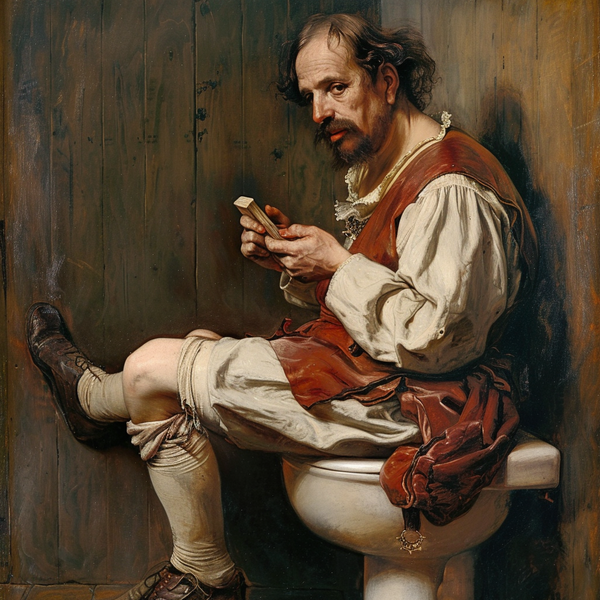The Expected Value of Ideas
If you want to understand how valuable an idea is to pursue, let's take a concept from poker: Expected Value

Let’s take a look at some math from poker. There’s a concept called “Expected Value”. The idea is that you need to think about the size of the bet in relation to the size of the win and what the probability of winning is. If it’s a small bet, with a small chance of winning, but a large win, maybe it’s worth it. But if you are throwing a large amount of money in with low odds to win a little bit, that’s a bad bet.
So let’s say someone offers you a bet: Bet $5 on a coin flip. If it’s heads, you win $10. If it’s tails, you lose your $5. What’s the expected value?
To figure this out, we need to see the odds of each outcome. 50% of the time, you will win. So multiply $10*.5, and that’s $5. But 50% of the time, you would lose $5, so that’s -$5*.5. -$2.50.
Combine those outcomes, and that’s $2.50 expected value on that bet. That’s positive, so you will likely take that bet.
But then you also have to consider other possibilities. If you bet that $5, you could lose it, and then not have that $5 to put on another bet somewhere else. Are there any other places that might have a higher expected value?
Not to mention, it’s not all about expected value. Let’s say you only have $5. You can make 1 $5 bet. Or you can make 5 $1 bets. What if the game above allowed you to bet $1? But you can play as much as you want?
It’s a lower expected value, $0.50, but as you play multiple times, each game has that EV, so over 5 games your EV would be $2.50, the same. But one bad flip in the beginning doesn’t sink you.
The biggest skill in poker isn’t playing poker.
It’s bankroll management. You need to keep yourself playing long enough for the odds to pay off for you.
It’s a problem I had when I played. I played well, but I pushed the limits of my bankroll. I didn’t play smaller limits to keep myself alive longer. I went for the biggest games I could get in.
Ideas are the same way. How can you ensure that you don’t risk everything on a single idea? That’s essentially what I did with my first startup. I was so hell-bent on the ideas that a startup was a VC-funded product, that VCs would automatically see the benefit of what I was trying to say, that every founder needed a co-founder, etc.
Holding on tightly to those ideas didn’t allow me to change my approach. I took everything and put it on a roll of the dice. I wasn’t even playing poker anymore. I let the ideas put the control of the outcome in other peoples’ hands.
If I want to run a VC-funded startup, I need a VC to fund me.
But if I want to be an indiehacker, I’ve just got to build something.
The expected value of the first option isn’t that high. The possible outcomes are super high, but the chances of success are really low. Not to mention, I didn’t calculate the odds right. I figured that if all the people I’d seen in startups could launch a startup, I could definitely do it too. I threw myself off the cliff of Mt. Stupid and tried to fly.
If you want to play according to EV, you need to know the actual chances of success.
When I looked to indie-hacking instead, approaching it from the side, I realized that the bet isn’t as big. I can pay the bills with my day job and just play smaller games. The potential payout could actually be as big, because nothing is stopping me from playing VC games if get to a point where that’s more likely or needed, but I can play pretty much forever because the bets are small. I can experiment until I find a working model. Then I have all sorts of options that open up.
So when evaluating an idea, look at the expected value of the idea.

